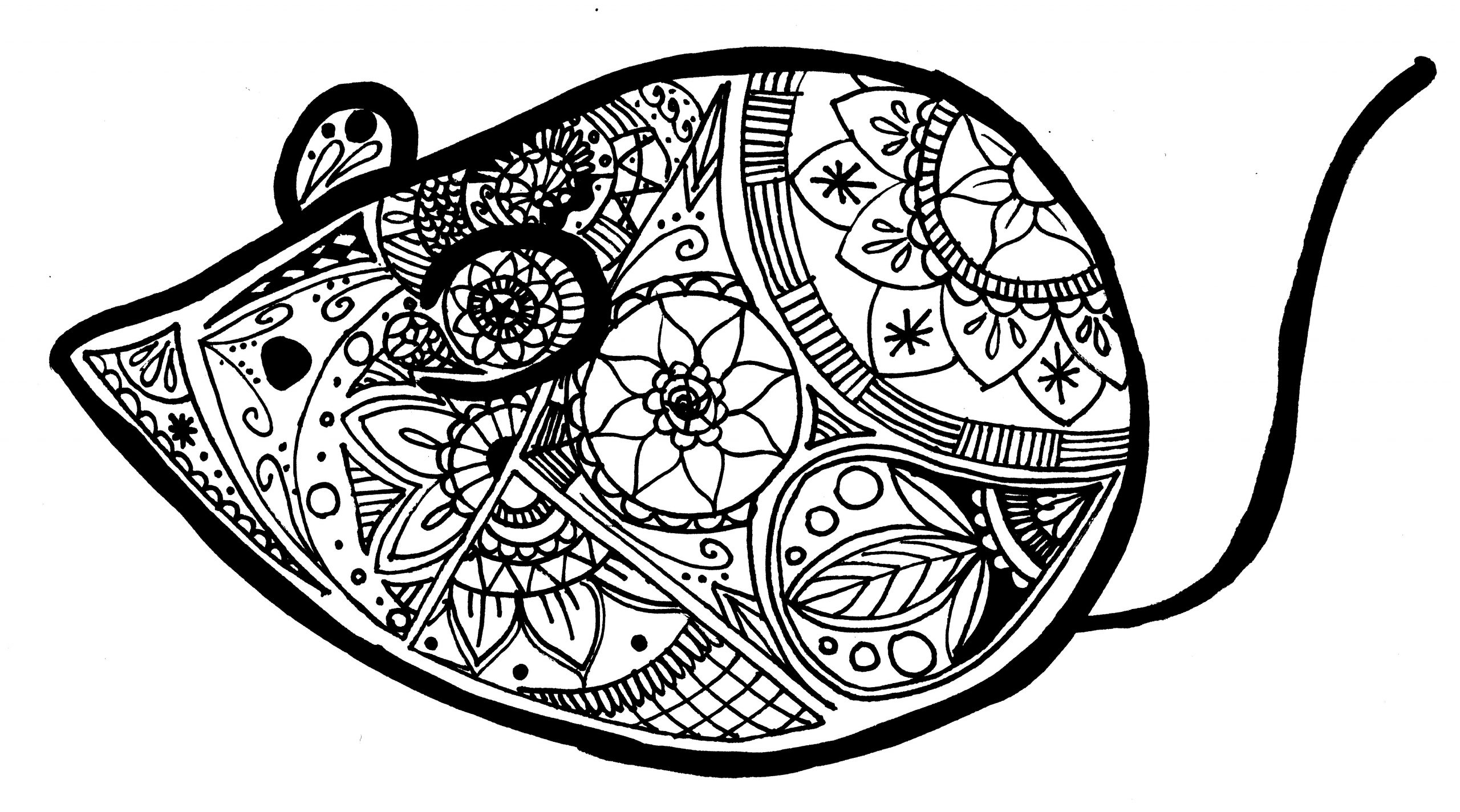This week I would like to focus on writing about my thoughts on The SlaughterHouse and what it represented.
Although I found the story interesting, it seemed to highlight the reason why the Unitarians could not gain much support from the rural people. One example is how Echeverria portrays black women in a very inhumane way, associating them with harpies and viragos. This really shows how the creoles elite favored the social hierarchy constructed by the Colonists. On the other hand, Caudillos seemed to treat all races and classes equally as long as one remained loyal to them and they themselves came from various positions in society. Why would a person in the lower class support an ideal upheld by the people who desired to keep the cast system which oppressed them for so many years instead of a person who represented equal opportunity? Trying to achieve ideals created by Europeans which the colonies worked tremendously hard to expose of may be another factor adding to the sense of resistance against Unitarianism.
The tyrannical and authoritarian ways of Caudillos are undoubtedly immoral and unsustainable. However, even with this in mind, reading The Slaughterhouse didn’t exactly make me want to align myself with Unitarians. In fact, it actually made me disappointed. The use of sarcasm throughout the text only painted an image of a high class, educated elite sitting on his high horse and mocking uneducated, poor folk. I have only read one text form one individual and therefore dismissing all Unitarians at the time as snobs would be misleading but that was the impression I got from the story. Just as Dawson had said in his text the elite class had “little little sympathy for the sensibilities and capacities of the rural folk who formed the backbone of the Rosas regime”(Dawson, 59).
Some interesting information I found while researching about the story is that apparently the actual manuscript has not yet been found. The publisher , Juan María Gutiérrez, has also mentioned in his editorial notes that Echeverría had no intention of publishing the text and it was more of a rough outline for a poem he was trying to write. It is speculated that Gutiérrez was the one who actually composed the outline into well polished literature which I found very fascinating since El matadero seems to be credited completely to Echeverria as one of his best works. This is some info I found on the interweb and also I can only understand 30% of the paper written by Emilio Carilla in Spanish, so I am not quite sure how credible the soureses but I thought it was something worth mentioning.
Some discussin question I have for this week are;
- if the story was actually co-authored by Gutiérrez, is the choice of words to describe races Echeverría’s or Gutiérrez’s?
- What kind of effect would have El matadero had if it was published at the time it was written?
- Who was Echeverria’s target audience?
I’d love to hear you thoughts and bye till next week!

Hello 🙂
Wow, it was interesting to learn that the story isn’t actually completely by Echeverría. I think it is valid then to consider that Gutiérrez might have had an effect on the outcome. However, in my opinion, it is quite hard to speculate how it might have affected the final version, since we know nothing about the first version or about Gutiérrez himself. Furthermore, if it’s true that Echeverría was never intending to publish the text, it could be argued that it didn’t have a target audience. He might have wanted the hypothetical poem to be read by the elites to cultivate some sympathy towards the people of the countryside. Maybe?
Hi! 🙂 That’s super interesting that Echeverría didn’t intend on publishing the text. I wonder how it would have been received if it was published much earlier when it was written? I have no idea! I do agree with Emilia’s comment about there not being an intended target audience. Well, I guess there is always an intended audience, but sometimes it is not super specific or well thought out. Considering the times though, I think anything written was intended to be read by the elites. And in this especially, since the elites had, like you quoted, “little little sympathy for the sensibilities and capacities of the rural folk who formed the backbone of the Rosas regime” (Dawson, 59).
Hello!
I thought the target audience of Echeverria’s reading was the everyday man who was tired of the political issues of Argentina at the time. He was able to describe the caudillo system in negative portrayal and efficiently sway pre-existing opinions about Unitarians.The piece itself was very compelling yet I could sense a lot bias. Comparing this to the other reading this week, the other one was much more neutral.
Hey!
I think Echeverrías audience was geared towards those who were in or about to follows rosas rule. He did this in order to show them what they themselves had become or what they could become. In the story of the slaughterhouse, the individuals in the scene are almost depicted as animals, inhumane. I do not think the people in the scene even knew how far they had gone, this was a wake up call to address what rosas rule was doing to them. Echeverría also reinforced the idea to those who were already opposed to the caudillos or more specifically rosas rule.
– Samantha